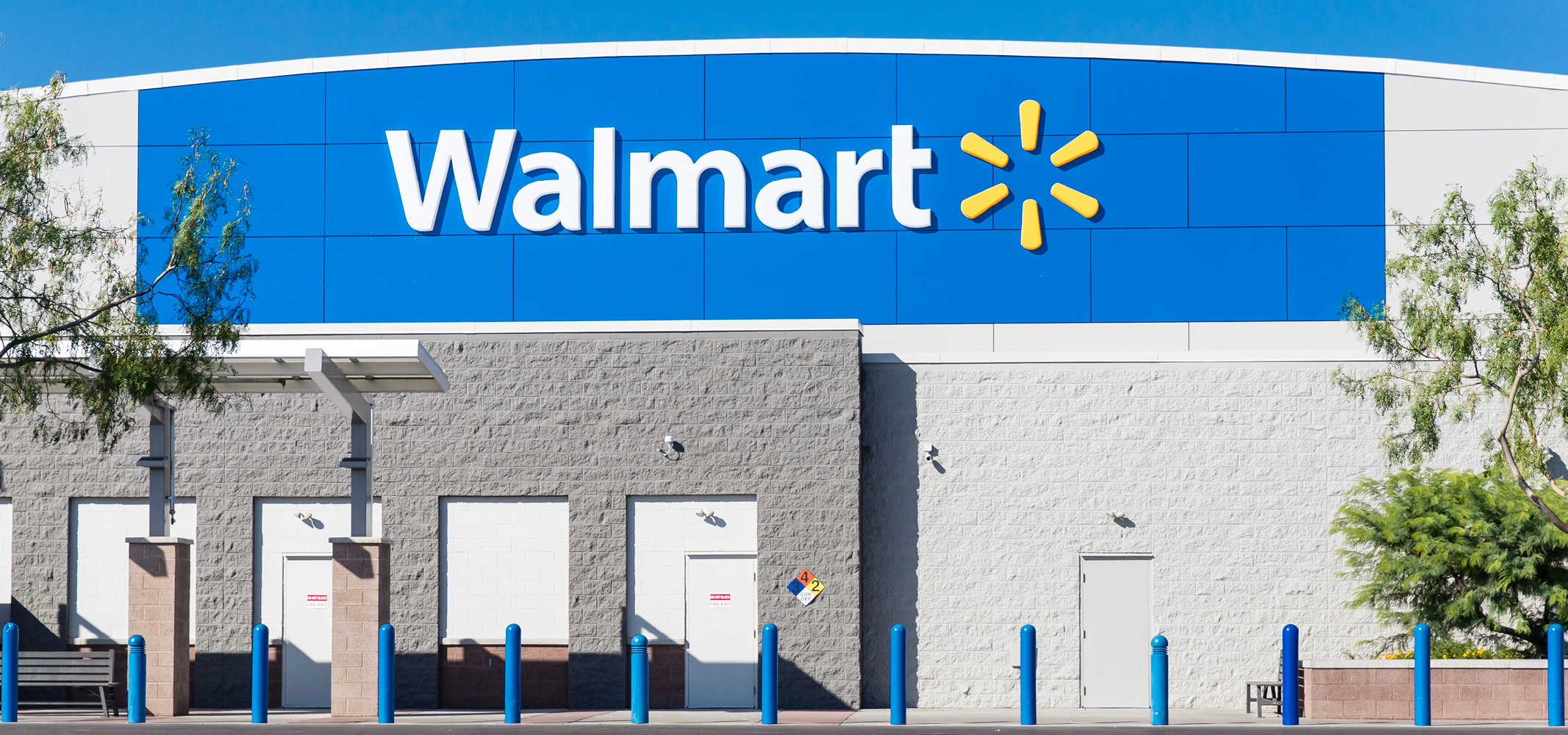The Voatz company cooperates with a democratic party to handle nominations and votes via block chain. At the first party conference, the aim was to nominate judges for the state Supreme Court and board members of various universities. The entire meeting took place online, with nearly 2000 delegates proposing candidates from afar, some of whom were happy to receive a nomination. The final election will take place on 3 November. For Voatz, this was the first party conference where candidates were both nominated and elected. The developers are working closely with the party to enable all delegates to attend. Extra tools have been built in for people with visual impairments, and an information desk for voters without the possibility to vote online has been introduced.
The block chain-based system verifies delegates, eliminating the need to go to the ballot box. But the system arouses mixed feelings in many people. Many are praising the possibility that more people will now participate in the US electoral system, while on the other hand the issue of intransparency is being raised again and again. The MIT speaks of security gaps: If you have access to the Voatz backend, you could deanonymise, invalidate or manipulate votes. Whether the new voting system will prevail will become apparent in the coming years.










Leave A Comment
You must be logged in to post a comment.